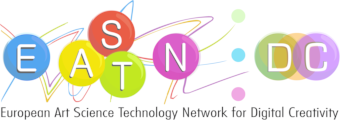Singing is part of music curricula in all countries and can lead to tremendous benefits for emotional, cognitive, physical, and social health, bringing joy to singers and audience. Learning and practicing Solfege, opens the doors to music literacy for most students who do not have the privilege to receive paid private music lessons.
This paper will present an online multilingual software program AI-based that includes technological innovations in singing synthesis & analysis and machine learning, together with new music learning methods (beside others proposed in the past by Kodaly, Orff, or Dalcroze).
It sings Solfege from digital scores, listens, record, appreciates users’ performance, gives feedback, and keeps progress records. It will help teachers and students (as well as parents) practice singing from the score – especially outside the class, without any additional musical instrument. Learning to sing Solfege is equivalent to learning a new language: in our case, the (intimate) language of (western) music.
Practicing singing, either alone or with others, may help reduce verbal violence in day-to-day communication and reduce physical violence.
Practicing singing from a score, develop the musical ear, and pave the way to music literacy.
The uploaded video can be found also at: https://youtu.be/zGgVf03apEs with English subtitles.
Back
“Reflections: Bridges between Technology and Culture, Physical and Virtual”
is supported by:






